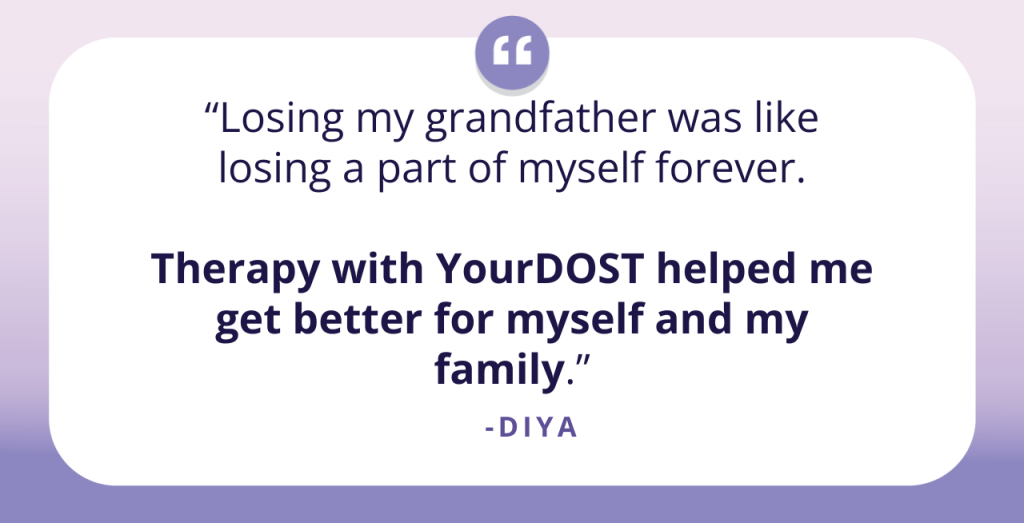
Understanding Office Politics

Climbing up the corporate ladder creates a boatload of opportunities, career advancements, visibility, and monetary gains. But the journey within it often requires one to master the art of office politics. It requires us to build strategic workplace relationships, form alliances for times of emergency, understand hierarchies, and be aware of the power shift.
But certainly…
That’s NOT the first thing we think of whenever we hear somebody use the word “office politics”. We often associate it with being “bad, unethical, and dishonourable”. But when we dive deep into the concept, we are bombarded with facts that tell us there is something deeper here.
What is Office Politics?
Office politics is about building strategic relationships, and alliances within the workplace to fulfil a specific goal. But it doesn’t necessarily have to mean selfish. Humans are inherently social animals. They thrive best when they build meaningful relationships or form effective bonds with others. And this applies to the workplace as well.
Of course, there are instances where people manipulate their way into career advancements. While that is unethical, it’s not all what office politics is all about.
While the way we think about office politics is subjective, its outcome is often objective. Say, for example, your colleague is extremely politically savvy. They know how to win others’ approval by saying or doing something that strategically aligns with the interests and preferences of key decision-makers. By procuring that approval, say for a project, they are driving the progress of their career.
Women and Office Politics
In the corporate world, the way office politics is perceived by men and women is monumentally different. An HBR survey found that men associate the word “competition” with office politics1. They describe it as a means to get something. Women, on the other side, see it as an organic part of influencing, often highlighting how office politics paves the way for “ideas” to take shape.
The way women approach office politics is often less indirect than men. This is mostly because gender biases are still prevalent in the workplace. The study again talks about the fact that women undergo more scrutiny than men when they are perceived as “engaging in corporate politics”. So it’s no surprise when we hear women say office politics is not their cup of tea even though they want to assert themselves at work and advance in their careers.
However, there are ways in which this perception can be reshaped. And it begins with you!
Create relationship maps: Relationship maps can act as a powerful tool for you to navigate office politics. Relationship maps are visual representations of power dynamics and connections in a given workplace. They can help you identify key players, allies, and decision-makers.
Here’s how you can go on about it:
1. Begin by naming the individuals in the organisation who hold the most power and influence. Then you can move on to mapping out their relationship with you. Is it good? Can it be improved? Give it a thought.
2. The next step is to analyse your strengths and weaknesses concerning the key players in the workplace. What are you good at? Are there any avenues/skill sets that need some improvement? This step helps you identify your strengths and the ones that still need some work.
3. The last step is the vital one. Based on the insights you gathered, develop a strategy that works. Think of it as a cool experiment. Try actively seeking out opportunities by reaching out to important people. Reach out to your manager and seek feedback and guidance by doing this you double your chances of being seen.
Leverage soft power: Research2 from Berekely found that women are naturally more compassionate than men. And this has everything to do with leveraging soft power. Compassion can be a great tool for building stronger relationships. Women can potentially excel at office politics by being involved in building genuine relationships. Their natural strengths like empathy, active listening, and collaboration can help establish credibility and influence in the workplace.
Think beyond the workplace horizons: Doubting your ability to wield influence? The best way to move forward is by leveraging your unique strengths and cultivating a strong personal brand. Sure, the gender barriers and biases are stacked against us. But by authentically showcasing our capabilities and challenging stereotypes, we help weaken and eventually break those obstacles.
“Only by being truly self-confident can we influence others to follow us.”
Parting Lessons from Dwight
Remember Dwight Schrute from the sitcom The Office? He is the best example of how NOT to play office politics. His constant trait of undermining his colleagues and habit of trying to please his bosses is not an ideal skill set that screams ethical. Office politics is much more nuanced and complex than that. It asks us to be more of what we already are – social animals. Think about it, Office Politics suit us best when we emphasise strategic collaboration over manipulative tactics.







